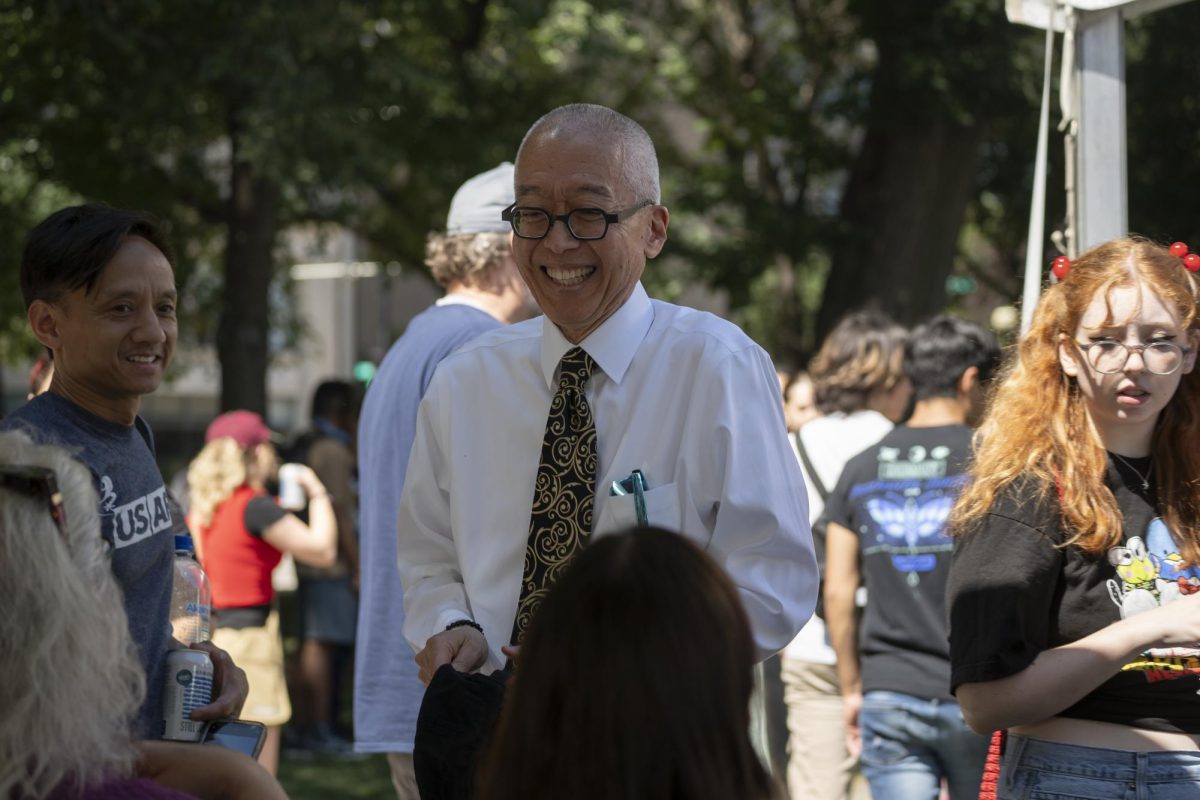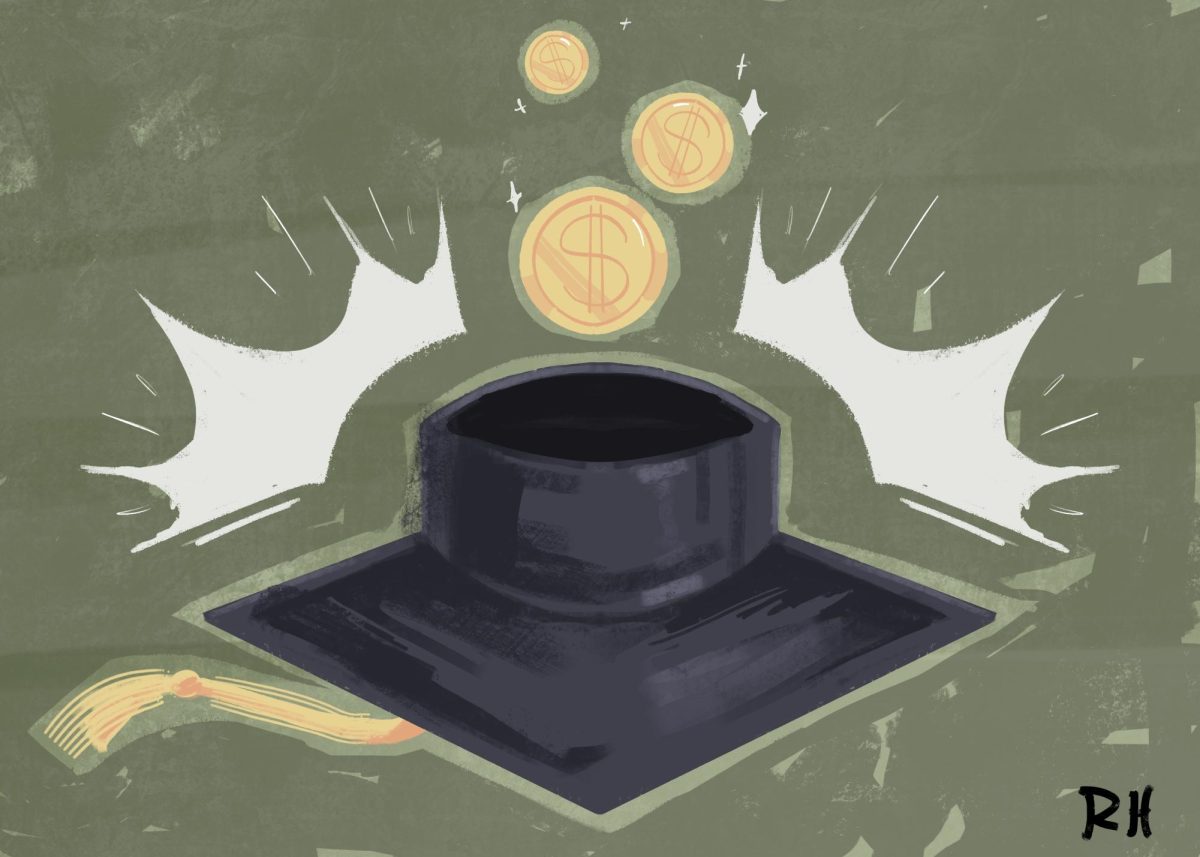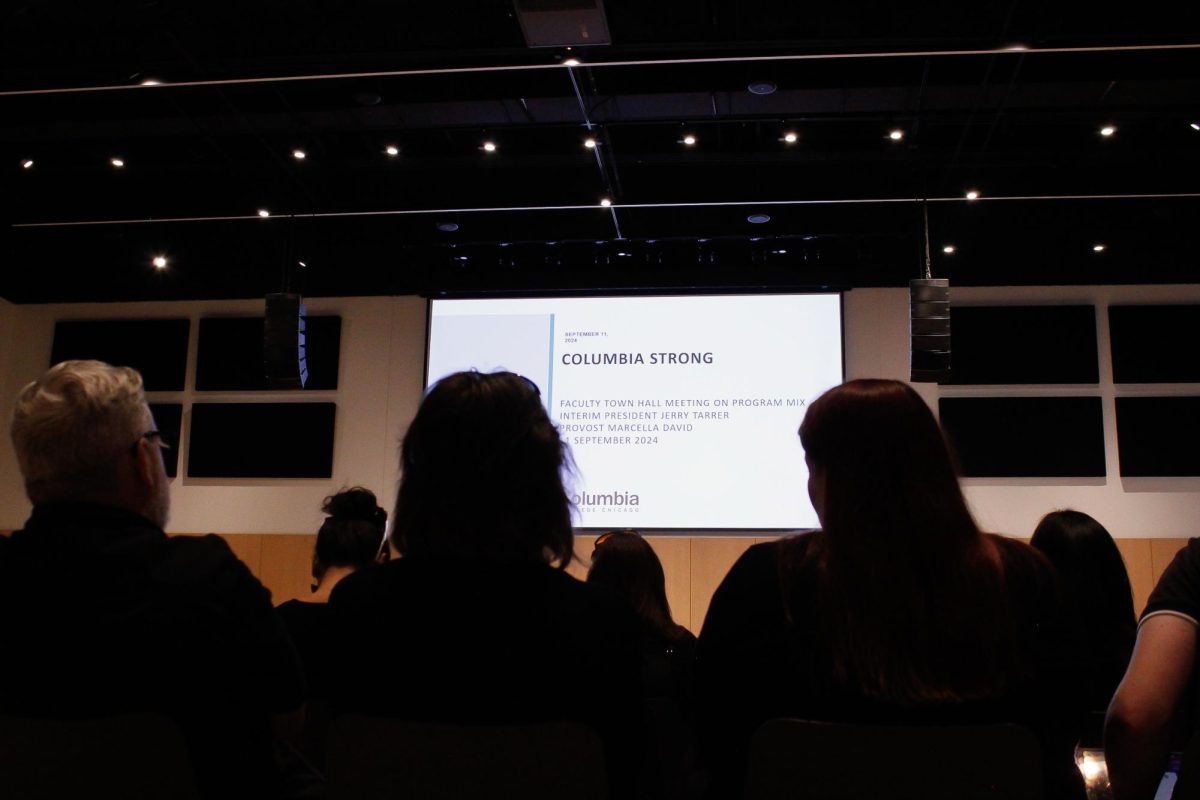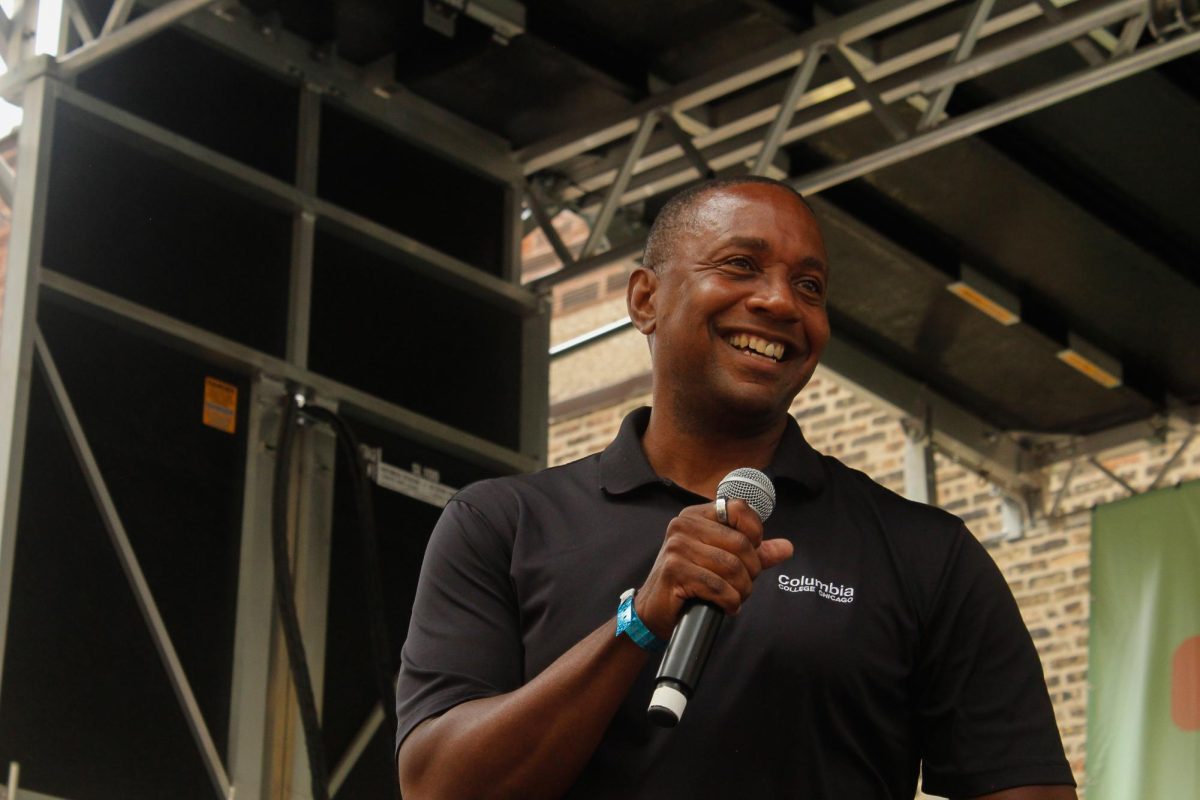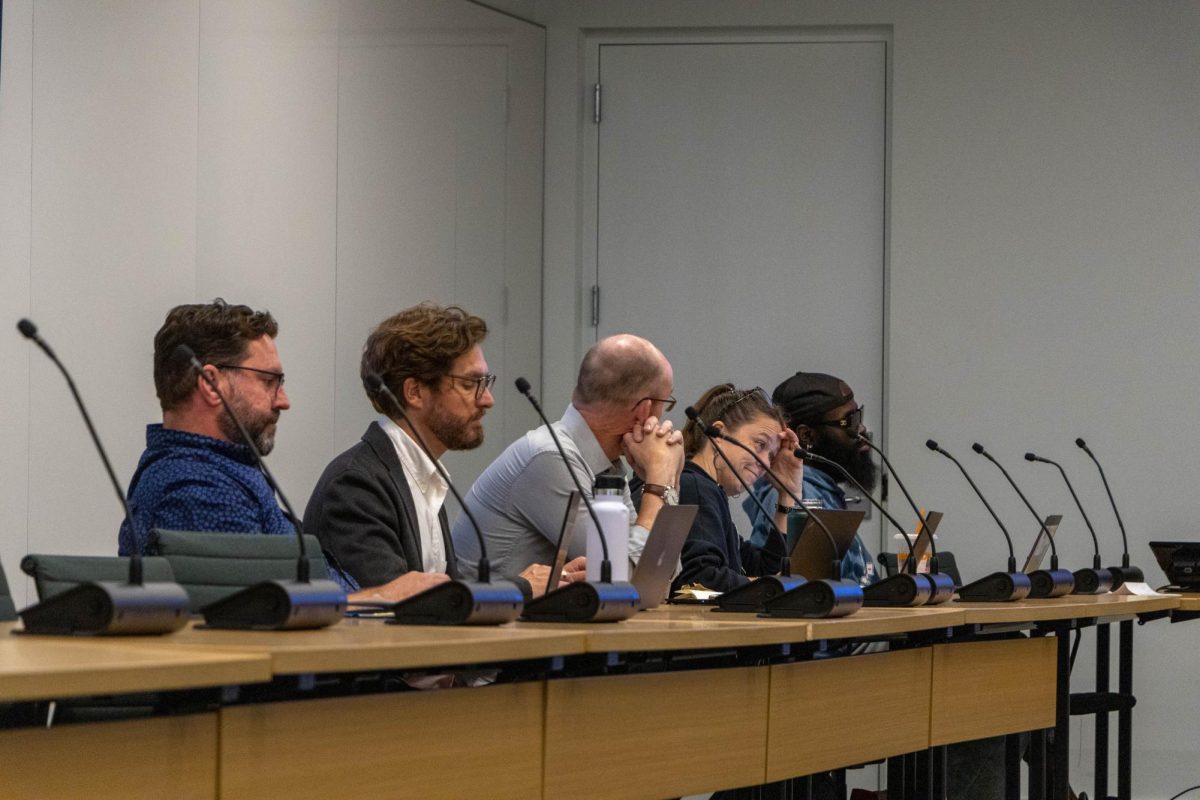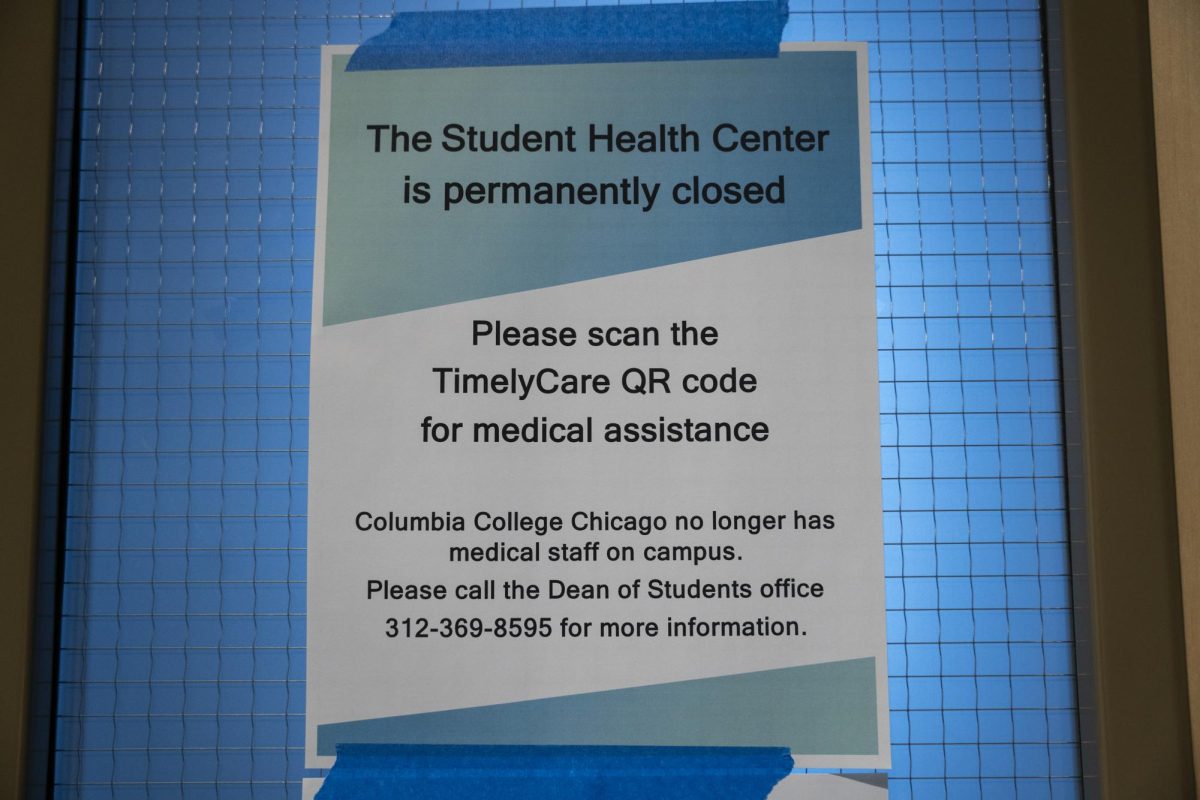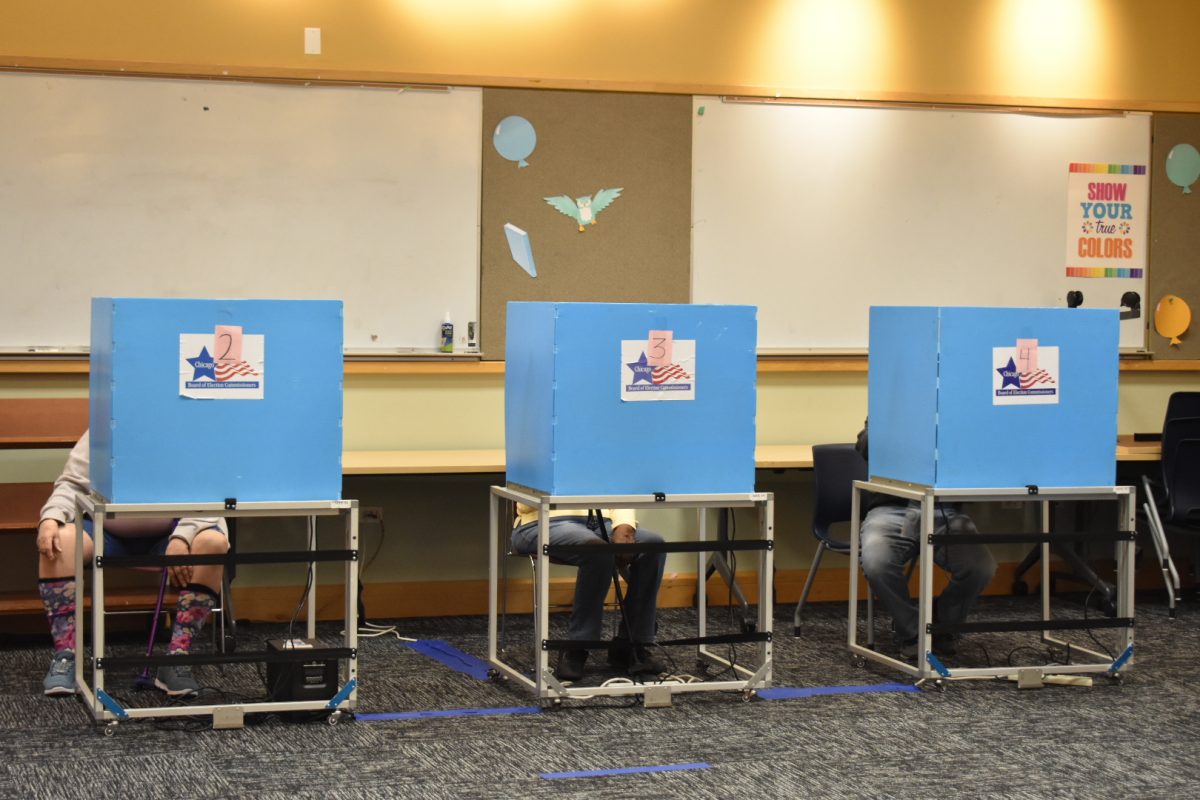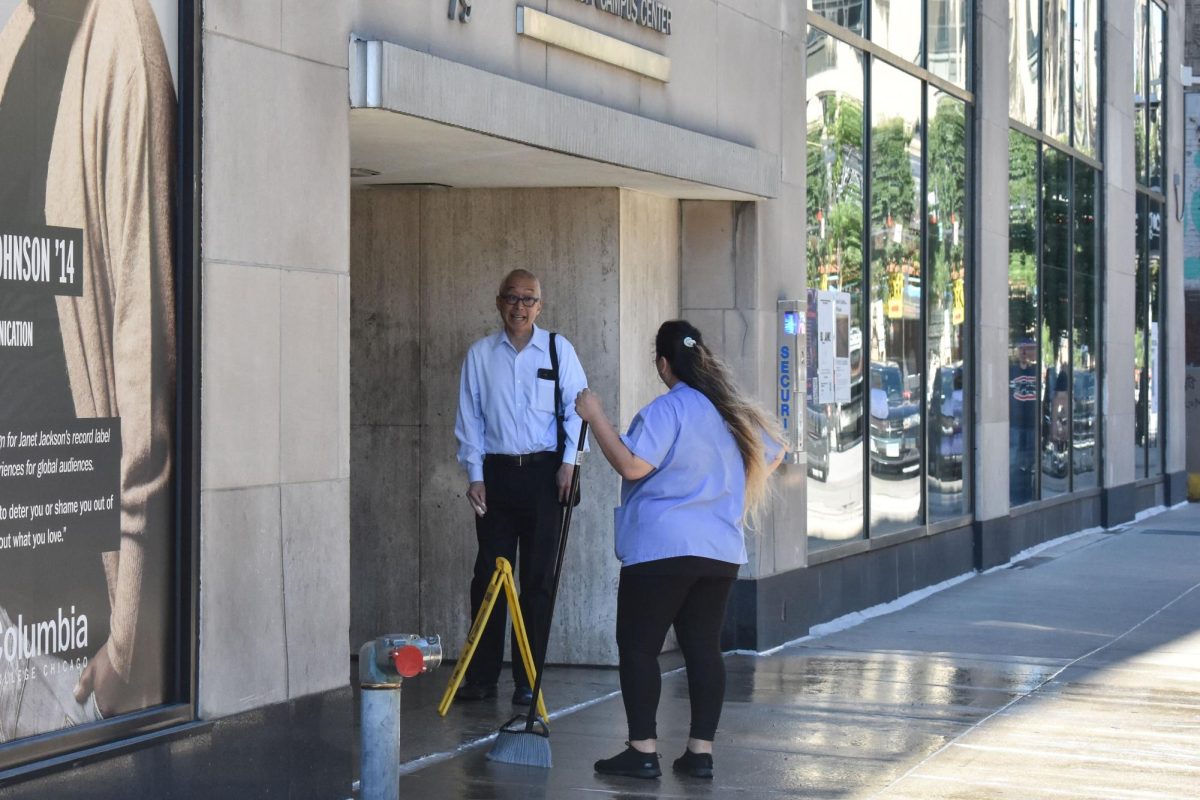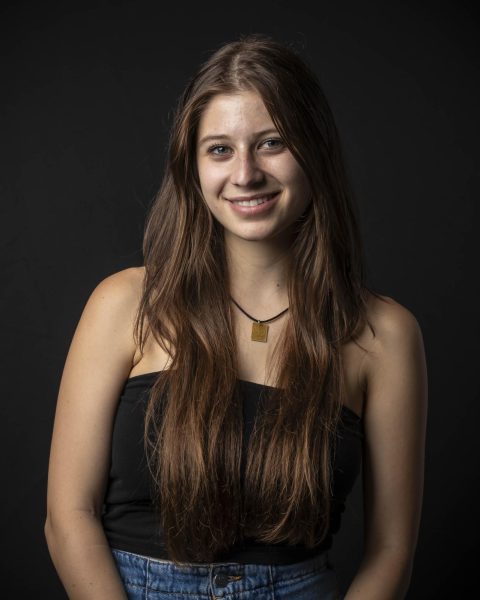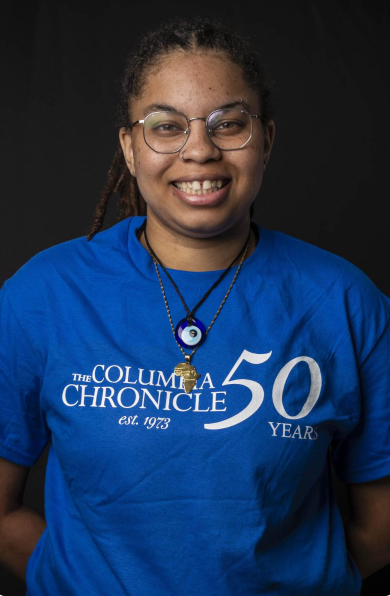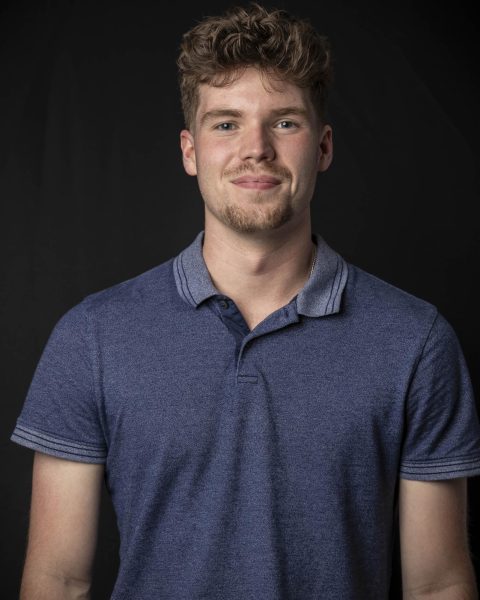President and CEO Kwang-Wu Kim said he started thinking about stepping down last summer.
This was well before the part-time faculty strike, the repeated calls for him to resign during that contentious period and the near doubling of the financial deficit that followed.
“I think one of the hardest things about these roles is knowing when it’s time to step down,” Kim said, whose last day will be July 1. “And I’ve seen many, many instances that people who probably in the end stayed too long in these roles because what happens is you come here, a person comes into this kind of a role with a set of perspectives, opinions, values. There comes a point where those are no longer quite the right fit with the institution.”
In an exclusive interview with the Chronicle, Kim, who announced his resignation on Feb. 14, said he will not get a severance, or payout, from his contract, which was supposed to run through June 2028.
“Last summer I was thinking a lot about it, and then of course, last fall there was no chance to think at all,” he said, referring to the strike by the Columbia Faculty Union. He had a chance to think more over the winter break and ultimately came to the conclusion to resign. He told Board of Trustees Chair John Holmes on Feb. 9, five days before the college announced he would be leaving the position he’s held for 11 years.
Current Senior Vice President and CFO Jerry Tarrer will become interim president on July 2. Holmes said he personally asked Tarrer to be the interim president.
Tarrer will need to choose a new CFO, Kim said. “He hasn’t decided how he’s going to do it, but he’s not going to try to be both. That’s the key.”
“Jerry is the ultimate Columbia person,” Kim said of his eventual successor. “His wife is an alumna. One of his children just graduated from Columbia. So he gets Columbia in a very personal way and I think that’s going to make the college feel much more comfortable about this transition.“
Kim said he and Tarrer want to ensure a “smooth, coherent hand-off.”
“We’ve worked together for almost eight years … even though he and I have quite different skill sets – I mean he’s a CFO – we share very, very closely the same values,” Kim said.
In the months he has left, Kim will be making critical decisions about the future of the college, which has a $38 million deficit.
At the request of the Board of Trustees, he already has released a draft advisory report with recommendations to overhaul the academic organizational structure of the college, address programs with low enrollment and poor graduation rates and reduce the core requirements.
In a presidential forum on Feb. 7, Kim said he asked his vice presidents to identify possible cuts in their units — up to a third of their budgets — and would also convene the Presidential Budget Advisory Board to help identify savings. That group includes faculty and a student representative, he added. It is scheduled to meet on March 19.
In total, the college needs to identify $19 million in savings, or the equivalent of 125 positions, Kim said at the forum.
Asked about the layoffs, Kim noted that there are several possible timelines, including decisions about staff cuts made by June 1. Last summer the college also announced staff layoffs at that time.
Kim has recommended that the college remain in “adverse circumstances,” a process outlined in the Statement of Policy, until the $38 million deficit is eliminated. That declaration allows the college to eliminate academic programs and lay off tenured or tenure-track full-time faculty. He said the board will first have to agree.
The Faculty Senate has until April 10 to respond to the draft report. Then Kim will prepare a final version for the board by May 2.
“I haven’t heard any concrete plans for anything in that sphere to move that fast, because I think you know, we’re still trying to figure it out,” Kim said, referring to layoffs.
Most of the faculty layoffs are expected to be in the Humanities, History and Social Sciences, English and Creative Writing and Science and Mathematics departments after the core curriculum, what Columbia calls general education requirements, is reduced. Kim has said the number will be between 11 and 13.
Kim surprised the Faculty Senate on Feb. 9 when he announced that the Board of Trustees had asked him to prepare the report to determine how bad the financial crisis was. The board also raised tuition 5% for next school year.
The Chronicle asked why Kim did not initiate the process of a possible restructure on his own, without the Board of Trustees having to request it.
Kim said he needed the board to trigger the procedure that allows the restructuring. The board felt “we might need to have that additional level of authority to make changes happen more quickly,” he said.
The strike
Much of the ire during the seven-week strike was directed at Kim. Students marched to his Gold Coast residence on Nov. 10, with his face on picket signs. Kim was called to step down multiple times throughout the strike.
Kim said “there was a lot of sadness” hearing comments from students and faculty during the strike but felt “there’s really no effective way to respond.” He said he tried to stay focused on the results of the strike.
“Students and when I say students, I have to be careful because it was a subset of our student body,” he said. “But the students who were vocal seemed to really believe that everything that they were unhappy about, not only at Columbia but in their lives in general, could be directly traced back to the administration of this institution.”
When asked why the administration didn’t settle with the part-time union sooner, Kim echoed what Holmes told the Chronicle in an earlier interview. He said the college could not offer the union “a guarantee of permanent employment” or “control over curriculum.”
Under the deal, the part-time faculty received a 16% pay increase over four years, a new “adjunct professor of instruction” title and representation on several advisory groups.
Kim said he wants to focus now on rebuilding the college’s reputation.
“We’ve got to really promote, I think, a more positive series of messages about who we are and why this institution matters. I think many of us feel it, but I don’t think we’re articulating it well right now. So I’d say we’re thinking both internally and then outward.”
Selling property
In his draft advisory report, Kim recommended the possibility of selling the 624 S. Michigan Ave. building, which houses the library. It’s not a new idea, he said.
He said one of the possibilities is to move the library into the 600 S. Michigan building.
Kim said that over the past couple of years, the college has been “strategically” moving everything out of the 624 S. Michigan building, which he said was “the least desirable building that we have structurally, and and we think potentially it could be a really interesting building to sell to somebody because of its location on Michigan Avenue.” But he added, “but of course the library is there.”
Selling property would serve two needs: providing a one-time payment and reducing maintenance costs, Kim said. However, the market for commercial real estate has been low, and the board may not be interested in selling.
Kim also proposed selling the president’s residence, a flashpoint during the strike – as another one-time payment to help balance the budget.
But he said it was just an idea at this point, and there were no immediate plans to put the house on the market.
Enrollment
In recent weeks, Kim has painted a picture of a college in serious financial trouble, with declining enrollment.
The college is projected to lose 1,000 students in Fall 2024. According to a March 5 email from Derek Brinkley, assistant vice president of Undergraduate Admissions, enrollment is down 11% for first-year applications and 15% in transfer applications. The decreases are seen most strongly locally – with a 23% decrease in first-year applicants and a 20% decrease in transfer applicants from Chicago.
Kim said admissions will be focusing more on out-of-state students who may not be as impacted by the media coverage of the part-time faculty strike last fall.
“We’re focusing, I think the first term is, more on students that are farther away because they were less impacted by the stories that were in the local media,” Kim said. “While we think about how, what are we going to do locally.”
Remaking Columbia
The proposed restructuring of the college was spearheaded by Senior Vice President and Provost Marcella David after meeting with deans, department chairs and faculty.
Kim said the restructuring aims to “preserve the things that we believe are really important and valuable about Columbia but change the structure in a way that gives us more flexibility.”
Kim said he wants faculty and staff to propose other solutions to save the same amount of money feedback instead of only rejecting the proposals in the draft.
“If you come to me with an idea that you think is better, I’m completely open to it,” Kim said. “So we’re not assuming that we have the best ideas … This is the best we can come up with right now. So please, if there are better ideas, let’s talk about them.”
Kim said he hopes the changes will be better for students, with a curriculum that gives them a more direct connection to the industries where they are headed after graduation. He said that is a shift he helped lead.
“There’s been more of a focus on the idea that creatives need to learn the practical skills required by the world so that they can be successful in the world,” Kim said.
This story has been updated.
Resumen en Español:
Después de ser el presidente y CEO de Columbia, Kwang Wu Kim anunció su renuncia el 14 de febrero. En una entrevista con el Chronicle, el dijo que pensaba en hacerlo desde el verano pasado. No recibirá un cheque de indemnización ni un pago por los cuatros años restantes de su contrato. Kim eligió a Jerry Tarrer, vicepresidente senior y director financiero, para ser el presidente interino, Tarrer tendrá que elegir otra persona para ocupar su puesto actual.
Antes de salir, Kim tomara decisiones criticas sobre el futuro de la universidad, que tiene un deficit $38 millones. Para ahorrar $19 millones, Kim hizo un borrador de informe consultivo. El informe recomienda que la universidad reorganice la estructura académica, y que despidan algunos profesores con titularidad. También, sugiere vender el edificio de 624 S. Michigan Ave., o la residencia del presidente. Ya se aprobó un aumento de 5% en la matrícula para el próximo año escolar. Para ayudar la situación del déficit, Kim quiere que la facultad proponga otras ideas.
Resumen en Español por Sofia Oyarzún


